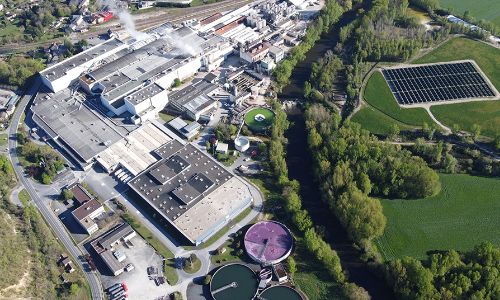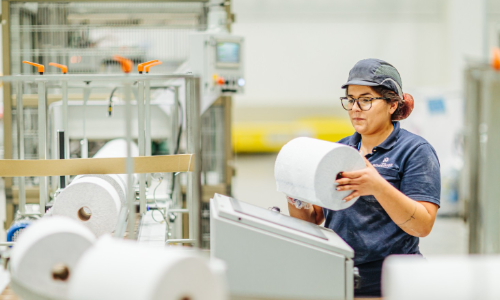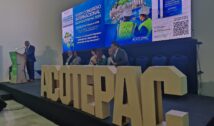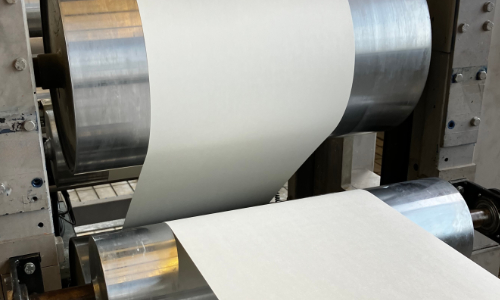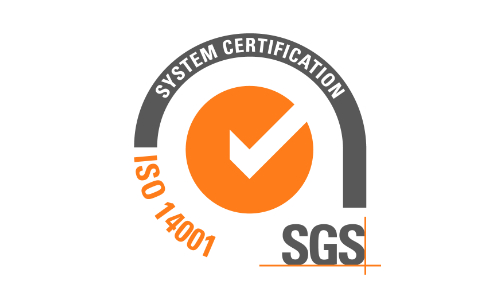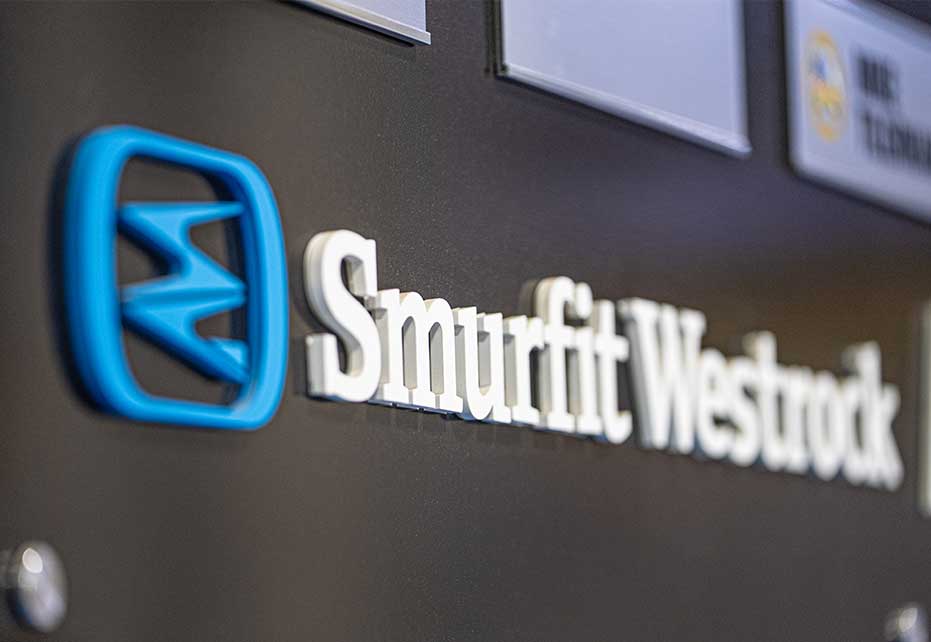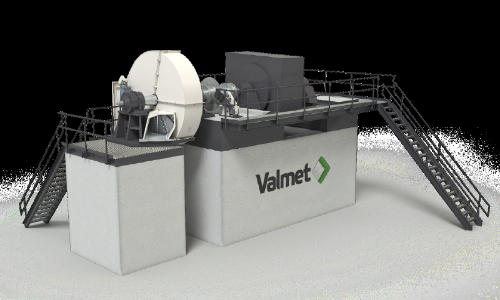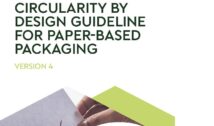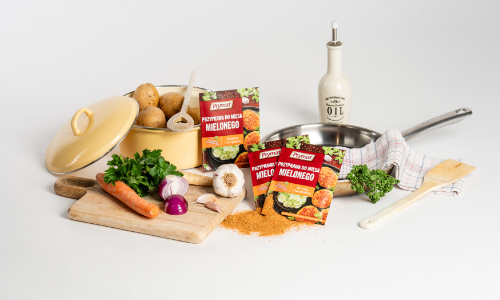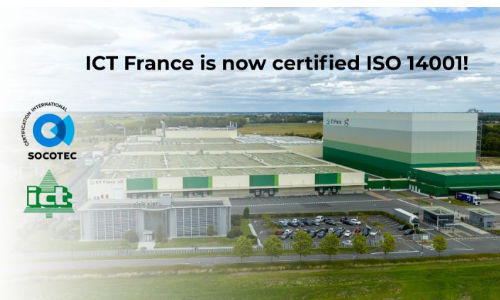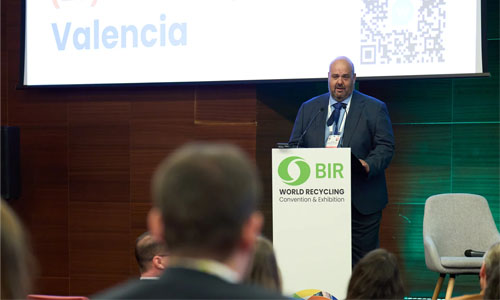
In the face of tariffs and economic nationalism, recyclers must continue to strengthen specifications and promote recyclables as essential materials, BIR’s World Recycling Convention in Valencia on 27 May was told.
This approach for the sector was essential as cross-border trade pressures were putting sustainability under threat, declared keynote speaker Brian Henesey, Past Chair of ReMA and Vice President of Rocky Mountain Recycling Inc. (USA) at the BIR Paper Division plenary session.
The gathering also heard from other speakers on topics including recovered paper markets, legislative developments and shipping challenges.
Mr Henesey was introduced to delegates by Paper Division President Francisco Donoso, DOLAF Servicios Verdes S.L. (ESP) who welcomed the audience as “a family of recyclers”. Describing his presentation as one that would give a history of global trade and nationalism and then look at the future of recycling, Mr Henesey asked: “How did we get here?”. He responded that the global recycling industry was built on global interdependence.
“Yet today we’re witnessing a steady erosion of that framework. Tariffs, export bans and nationalistic policies are challenging the very foundations of our cross-border trade. This is just not an economic issue. It’s the future of sustainability, circular economies and frankly, global cooperation.” Emphasising that the recycled materials industry is not local or national, but global, he declared: “Our success, indeed, our entire model is built on a finely tuned web of global interdependence. For decades, the system has allowed material to flow efficiently from where it’s discarded to where it’s needed. From the United States to Southeast Asia, from Europe to Turkey, from Latin America to India, these cross-border flows have enabled economies to grow, manufacturers to access affordable inputs, and communities to reduce waste and pollution.
“But that system is now under growing strain and make no mistakes, this isn’t just about economics, it’s about the long-term viability of the circular economy.”
Mr Henesey listed three big fears for the industry: export bans, more tariffs and regulatory divergence. “So, what can we do?” he asked. “The first thing as an industry is that we need to continue to strengthen our international standards.” He added that there was also a need to continue the promotion of recyclables as essential materials and strengthen the argument that recyclables are not waste. “Without our industry there is not decarbonisation, there is not circularity.”
The Paper Division then turned to the topic of markets with three presentations. A European view came from Tobias Umpfenbach, Director of ALBA Wertstoff Management (DEU); Ranjit Baxi, Founder of J&H Sales International (GBR) covered Asia and in particular India; and Simone Scaramuzzi, Commercial Director of LCI (ITA), reported on South East Asia.
Mr Umpfenbach introduced the Alba Group to delegates and he said the business is mainly active in Germany. In his market comments, he pointed to the OCC market which has been driven by high volatility. “The market is moving much faster. The volatility became much more than we have been used to from recent periods and there is a lot of movement within the market. “And of course, what does that result in for us as market players? This results in higher risk exposure for those in the market,” he said. “It is always challenging that these price hikes and periods of extreme demand that we are faced with are also directly connected or followed by periods where nothing is turning around.”
Mr Umpfenbach explained how there was not “one general European market” because of significant differences among European countries with some importing material and others exporting. These differences also create different pricing levels, he said, which had been as much as 35 Euros per tonne. Turning to the paper production sector, he noted: “While there is the fact that the total consumption volume that we see here in Europe has been stable, the graphic industry, of course, is consuming less material, specifically the graphic grades. But it is the packaging industry, with their growth which is compensating for the losses of consumption volume that we see from the graphic industry and the smaller industries that we always call ‘others’.”
Ranjit Baxi gave the next market report and focused on India in terms of drivers for the paper market there. He said the literacy rate is one: “The Prime Minister Modi Indian government, their primary focus is on increasing the literacy rate through literacy educational programmes across the country. The more and more schools and academic institutions opening pushes up the demand for paper. “There’s also the packaging boom – the E-commerce business the world over is increasing, and so it is in India. With FMcG, fast moving consumer goods, the growth of that is phenomenal in India. Retail growth is increasing and therefore the need for boxes is increasing.” Tissue products, Mr Baxi noted, are also seeing rising demand. “Following Covid people have become more aware about their health and their own hygiene. So, the demand for hygienic products, packaging, personal use products are increasing.”
Simone Scaramuzzi, from LCI, which he explained is a joint venture between UPM and Veolia, was the third speaker on markets. He said that from 2023 through 2024, the market experienced a notable volatility driven by shifting global demand, particularly from Asia. The export volumes from Europe declined, with total recovered paper shipment dropping from 7 to 5.5 million tonnes. However, he questioned whether the 5.5 million tonne figure – which was used by a lot of sources – was correct and said that by adding up exports to individual countries a higher number was reached. On exports he said that India, Indonesia and Vietnam remained the largest importers from Europe. The market has changed a lot from 2023 to 2025, said Mr Scaramuzzi. In 2025 he said that tariffs came and the dollar became weaker and the sector had lost a huge part of the price.
Looking at Europe he listed all the paper mills which are installing new machines
or converting machines from graphic paper to brown. “Some of them have already started the production, some of them are going to start, some of them are delaying, constantly delaying. But anyway, it is a fact that a total of 4.12 million tonnes more are going to be produced in Europe. “My question is, do we have all the orders for all these machines? And that’s the point,” he commented, with some machines delayed while others were postponed.
The meeting of the Paper Division next turned its attention to the EU Waste Shipments Regulation and to End of Waste Regulations.
On these topics, first to speak was Julia Ettinger, Secretary General of EuRIC who gave an overview of the latest news around the Waste Shipments Regulation. With Europe exporting five to around eight million tonnes of recovered paper there was a “structural oversupply”, she said. Ms Ettinger questioned what would happen if these exports were “walled off by legislation” from being sent out of Europe and especially to non-OECD countries. “It’s about the major export markets India, Indonesia, Thailand, Malaysia.”
Last April the Waste Shipments Regulation was finally published, she explained. It applies for OECD countries from 20 May 2024, “so countries like the United States, like Canada, like Japan, this means that a so-called monitoring system has kicked in. This is applicable for all shipments that are considered as waste. “If we now look at 2025, one deadline has already elapsed, that is the 21 February. This was a very crucial deadline for non-OECD countries. Here of course very importantly India, Indonesia, Malaysia, Thailand had time to apply to the European Union by answering a long questionnaire stating their interest to continue receiving waste paper to their mills in their countries. If they have not done this, then they will not be able in the future to import waste from the European Union.” The next step is the EU assessing whether or not requirements are met and on 21 November 2026 the decisions will be known, she explained.
Ms Ettinger said: “We are in constant contact with the European Union, so that they give us a little bit of an idea earlier on how these assessments are going. Let’s assume all the countries will be positively assessed. Then that means as of 21 May 2027, this new system will kick in.”
She commented: “This is very good news for the EU paper recycling companies because likely if everything goes right and the Commission assesses them positively, trade can continue.”
The next speaker on legislative matters at the Paper Division meeting was Francesco Sicilia, General Manager of UNIRIMA (ITA).
He gave an update on the End of Waste Regulation and said since 2024 it has introduced a tighter focus on shipments and packaging. End of Waste is regulated at EU level by article 6 of Directive 2008/98/EC on waste, he explained. “This article establishes the conditions under which waste may cease to be such, after having undergone a recycling or other recovery operation, and therefore no longer fall within the scope of waste legislation.”
Mr Sicilia explained how in the absence of Community criteria, Italy – as provided for by article 6 of Directive 2009/98/EC – issued a Decree which defines the criteria for the end of waste qualification for paper and cardboard. The Decree, said Mr Sicilia, represented an important step for the Italian waste recovery sector as it allowed: regulatory clarity and uniformity of rules for companies in the mechanical recycling and trade sector; standardisation of end-of-waste raw material production processes; and expansion of the possibilities for using end-of-waste raw material exclusion from the scope of the waste shipment regulation.
Final speaker of the session was Nuria Rubio, Sales & Customer Manager at FR Meyer’s Sohn (ESP), a freight forwarding business, who spoke about global transportation logistics.
Ms Rubio highlighted some of the challenges in the shipping market. Giving some advice in light of the shipping changes and issues around the globe, she said: “The world is changing day by day and more and more in logistics. Above all, as I see all we have learned for the past 20 years, all the patterns we knew are not existing anymore. “The last five years since Covid have been convulsive years as we all know. So, we have seen global trade has changed a lot. And my suggestion is to be flexible and adaptable as a key point in your supply chain. Working on diversification of trades and partners will mitigate any impact in this disruptive time.”
The session concluded with two presentations. Mr Baxi, president of the Global Recycling Foundation, presented Robin Wiener, President of ReMA (USA) with a Recycling Leadership award.
Also, Paper Division President Francisco Donoso announced that the BIR Papyrus Award had this year been presented in absentia to Atul Kaul, CCO of Arab Paper Manufacturing (SAU), in honour of all of his outstanding work for the paper recycling industry.


